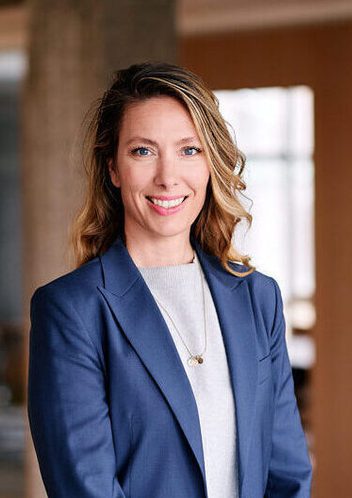
Ebba Perman Borg
Partner
Stockholm
Newsletter
by Ebba Perman Borg
Published:
As noted in our previous articles, the 2026 Budget Bill includes a proposal aimed at “simplifying and improving” the tax rules for active owners of closely held companies, the so-called 3:12 rules.
The key elements of the proposal include:
New method for calculating the low-taxed dividend allowance
A new unified rule is proposed to replace both the current simplified rule (Sw. förenklingsregeln) and the main rule (Sw. huvudregeln). Under the proposed system, the low-taxed dividend allowance (subject to 20% tax) will consist of two components: (i) a basic allowance of four income base amounts (SEK 322,400 in 2026) to be allocated across a shareholder’s holdings in all closely held companies, and (ii) a salary-based allowance equal to 50% of the salary-base exceeding eight income base amounts (SEK 644,800 in 2026).
The basic amount may only be calculated once per owner and, in cases of multiple company holdings, must be allocated in proportion to the shareholdings in each respective company.
The proposal introduces a revised definition of which subsidiaries may be considered when calculating the salary-based allowance, reverting to the civil law definitions in the Companies Act and the Annual Accounts Act. Additionally, it proposes that salaries paid to employees in companies owned through an alternative investment fund shall be excluded from the calculation of the salary base.
Abolished capital share and minimum salary requirements
The existing capital share requirement of 4% and the minimum salary requirement of 9.6 income base amounts are proposed to be abolished. However, the current cap remains in place, limiting the salary-based allowance to no more than 50 times the shareholder’s (or a related party’s) salary. This ensures that some salary must still be taken.
Changed interest calculations
Shareholders will continue to be able to calculate a return on their acquisition cost, set at the government borrowing rate plus 9%, but only on the portion of acquisition cost that exceeds SEK 100,000. It will still be possible to carry forward unused dividend allowance and roll into future years, although the annual interest uplift is proposed to be removed.
Shorter time limits and the codification of the third-party rule
Several look-back periods are proposed to be shortened from five to four years, including those relating to the extended closely held definition, the qualification rules, the outsider rule, and the so-called quarantine rule.
Enhanced reporting obligations
Unlike the earlier proposal, which suggested that closely held companies should submit control statements, the government has proposed that owners holding qualified shares should instead provide, in their annual income tax return, the information "required by the Tax Agency to apply the rules on dividends and capital gains for such shares". This will likely require shareholders to provide K10 reports also in years and for qualified shares where no dividend or gain has been made.
The government has not included the earlier proposal to adopt a narrower definition of related parties. Consequently, the current definition remains unchanged, and siblings continue to be regarded as related for the purposes of the 3:12 rules.
The current 3:12 framework, which governs the taxation of dividends and capital gains for a large number of Swedish business owners, has long been criticised as overly complex and administratively burdensome. The proposal represents a significant reform of the 3:12 rules, with the intention to simplify the rules and improve them. However, the proposal has itself faced criticism, with some arguing that it benefits the wrong groups and does not, in practice, make the rules simpler or improved.
For business owners which currently use the simplified rule, the increased basic allowance from the current level of approx. SEK 200,000 to over SEK 300,000, will certainly improve the tax situation.
For businesses with many owners and a large salary-basis, the abolished capital share requirement may improve the tax situation for certain owners, and take away structural ownership limits, but the rules will hardly simplify the calculations and may lead to discussions on the right distribution levels given that owners with different ownership stakes will have different low-taxed allowances.
The rules are proposed to enter into force on 1 January 2026. We recommend that owners of closely held companies seek advice on how the new rules will affect their situation well ahead of the 2026 implementation.
